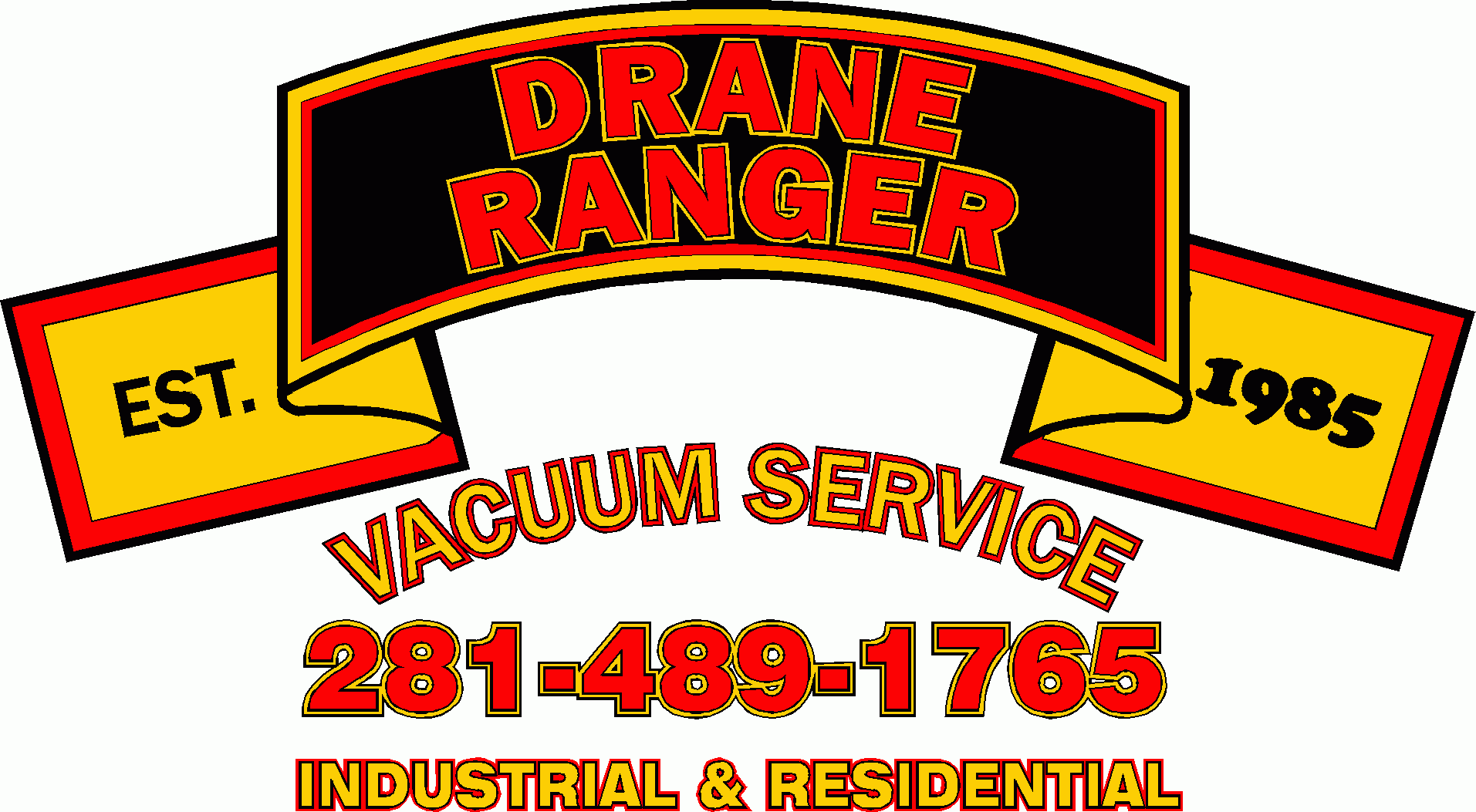Unknowingly, some restaurants bring it on themselves!
Restaurant grease traps are essential parts of a kitchen’s daily operations. The business couldn’t function without it. Problems with a grease trap commonly referred to as a grease interceptor can quickly become a headache and a costly mess as it grinds a kitchen operation to a halt ––costing the business time and money.
Flushing trash. It’s a big mistake for grease trap problems. Pouring used cooking oil and other food-related waste down the drain inevitably causes grease trap issues, such as slow drainage, clogs, overflows, and foul odors. Trash, cooking oil, and other debris should never be flushed down your drain and into the grease trap.
Something stinks! A foul odor coming from around the grease trap is an indicator of a grease trap problem. Fats, oils, and grease (FOG) degrade the longer they sit in the trap, and will eventually lead to foul smells. Because bacteria eventually breaks down the solidified material, causing it to spoil and give off a bad smell. Grease trap cleaning service professionals explain that if the opening of the trap gets covered or clogged, the gases that form foul odors will flow ward from the grease trap and into the restaurant.
Slow drainage. The warning from grease trap cleaning service experts is that, if you notice the sink or other drainage areas in and around your kitchen are draining slowly, it could be an indicator of a problem with the grease trap. More specifically, a clog may have formed—or is forming—from solid food waste or other debris that has found its way into your drainage pipes and eventually your grease trap. When the fats, oil, and grease (FOGs) that your grease trap catches solidify, they eventually begin to build up and slow down the water flow to and from the trap.
Overflow! The most obvious symptom of a grease trap problem is an overflow. Maybe grease itself escaping through the manhole cover in the trap or a backup in the kitchen. An overflow means the problem has already gotten fairly severe and likely needs urgent help from a grease trap cleaning service. Grease spills are tricky messes to clean up. There is a specific way to handle them, and if done correctly, the spread of an overflow can be minimized.
A full cleaning by a certified and qualified grease trap cleaning service will eliminate the problems. Fix the clogs, pump out the sludge and grease, often hydrojetting to force out the debris into either the neighboring compartment or into the sewer line, and everything is scrubbed down to remove all remaining residue. Grease trap cleaning service pros agree that grease traps should be emptied every three months.
